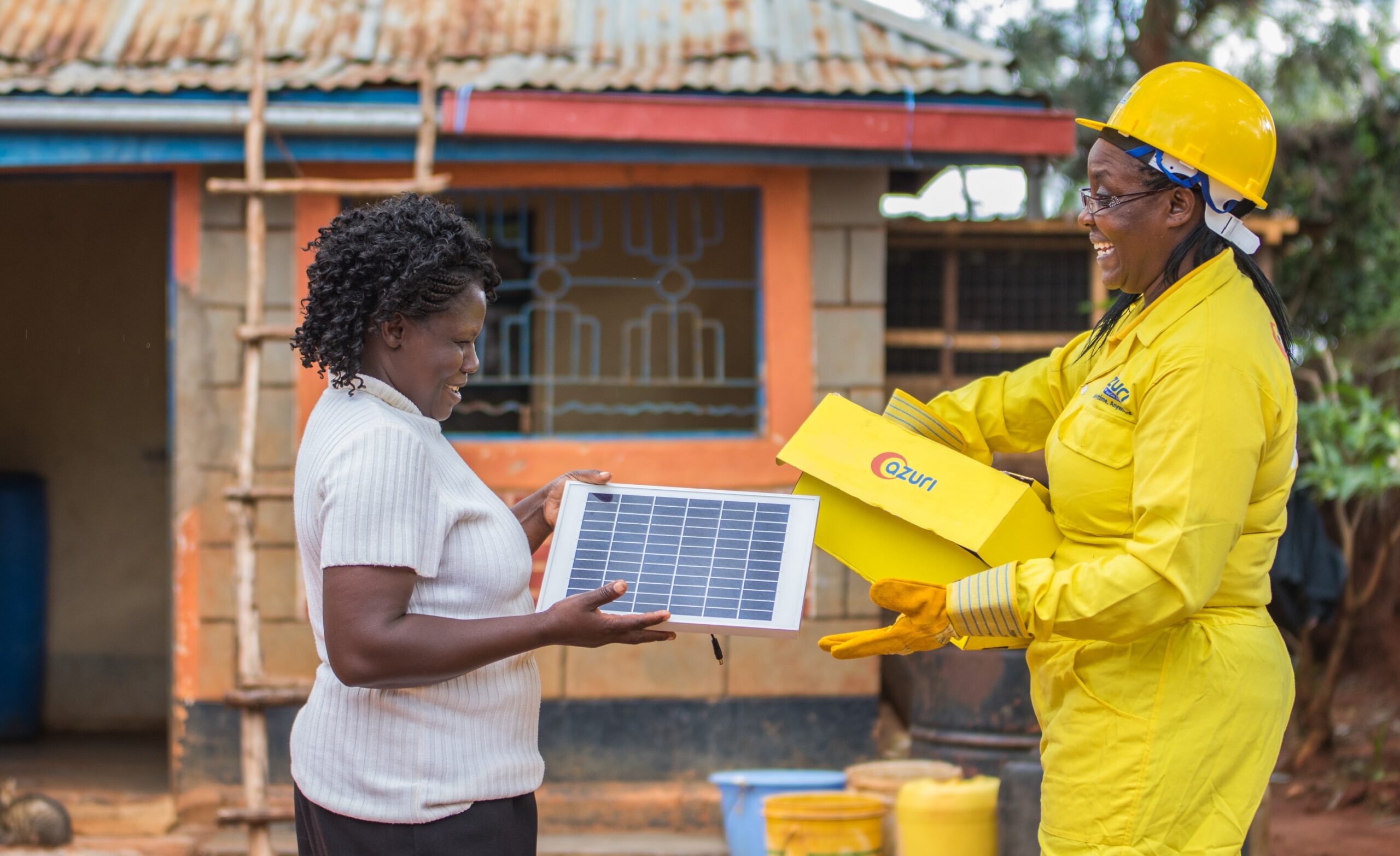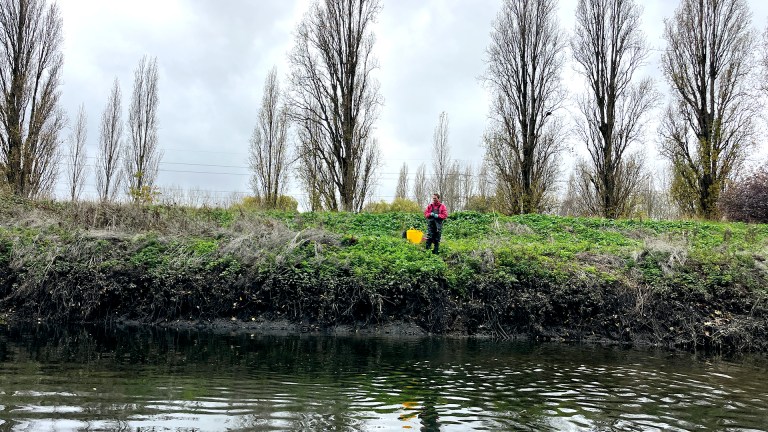If you have ever endured a power cut, you’ll know how hard it is to manage without electricity, even for a short while. But for over 130 million homes in sub-Saharan Africa, living without electricity is a reality.
Many rural villages have no access to grid electricity, so thousands of families rely on fuels like kerosene to bring them light or to cook with. As a fuel, kerosene is expensive, unreliable and the fumes are toxic. Gathering wood for fuel is a huge drain on resources for families, and they have no method to power or charge electrical items such as radios, fridges or mobile phones, that we all take for granted.
In 2015 the UN launched 17 Sustainable Development Goals to help transform global civilisation by 2030. Goal 7 specifically promotes “access to affordable, reliable, sustainable and modern energy for all”. Unfortunately, based on current levels of investment, it will take until 2080 to achieve this – 50 years past the deadline! This is where UK investors can have a big impact by using their money in innovative ways to help families access life-changing solar energy.
Sunlight in Africa is plentiful, and pioneering businesses are creating and installing solar home systems that bring a reliable source of clean energy to thousands of homes. Families pay for the systems in affordable monthly instalments, usually owning the system outright in about 12 -24 months.
Did you know that two out of every three people in Africa have no access to electricity?
In October last year, Energise Africa, a partner initiative between Ethex and Lendahand, launched to offer UK investors an opportunity to invest in solar companies that install life-changing solar systems in homes in sub-Saharan Africa. To date almost £4 million has been raised to fund affordable solar installations in 30,000 homes. Match funding provided by UK Aid and Virgin unite has boosted the investors’ funding.

For the families receiving the solar kits, the impact is truly life-changing. Children can study at home for an extra two hours per day, improving their future chances of prosperity. Food, drinks and medicines can be refrigerated, mobile phones can be charged and families can access TV and radio channels, an important link with the world outside the villages.









